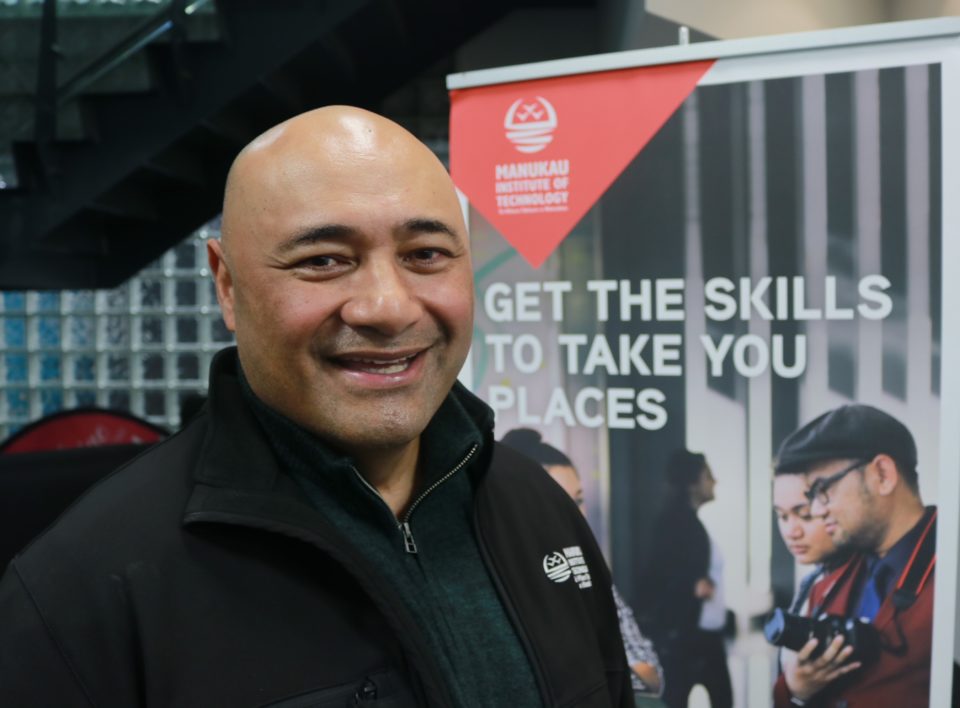Caption: Peseta Sam Lotu-Iiga
David Hammond from recruiting specialist Tribe talks with Peseta Sam Lotu-Iiga, former Minister of Local Government, about the role of executives in the local government sector.
Much of my work wrestles with what ‘high-performance leadership’ looks like in 2022. A standard question of Tribe candidates for executive roles across sectors is; ‘How have you developed a high-performance staff culture, and what does that even mean to you?’
Recently, I talked with a good friend of mine, Peseta Sam Lotu-Iiga, about this. Sam is known to LG magazine readers as the former Minister for Local Government and an Auckland councillor. Few know Sam’s CV which includes being a deputy chief executive of two of the country’s largest education institutions at the same time (MIT and Unitec), having a Cambridge MBA and having spent time in M&A with Macquarie Bank in Europe. He is also a lawyer, and rugby representative sportsman. Sam has seen high-performance from many angles.
So, I asked him: ‘What impresses you about executives in the local government sector’?
“What impressed me was their heart for serving the public, elected members and local communities,” says Sam. “In my view there is a big difference in the level of scrutiny in the private sector. A publicly listed company has scrutiny. But it’s different – it’s only to what the law requires. Local government executives have all the scrutiny and accountability but often can’t have a voice.”
People often think private sector executives are higher performers. Is that true?
Sam smiles. “It’s a different mind-set. Local government is not a mind-set driven by profit or share price. It’s driven by intentions to serve communities and improve lives. Private sector can learn from local government in my view. They can learn how local government executives deal with social responsibility, sustainability and genuine engagement with customers in community. The better they do this, it ultimately improves their bottom line.”
Can local government executives cut-it in the private sector?
“Yes but there’s a lot of space between public and private sectors. In the intersection of public and private sectors there are CCOs, infrastructure companies, and organisations where local government executive skills are needed – with huge levels of spending and complex work.”
How should local government executives develop their skills more?
“Always provide time for it. You need to force executives to do training. Even in declining budgets I make sure I prioritise my managers’ training. With the work you and I are doing, David, it’s sharpened up areas that I really need to work on to be a better leader and colleague. It’s given me the work-ons to get to the next level.”
Sam is referring to the work I support him with through Tribe’s executive professional development programme in collaboration with psychologist, Justine Winter. This programme assesses chief executive and executive skills deeply and develops a targeted training plan designed to meet the actual gaps they have. It is born out of the extensive private sector executive experience we bring to local government.
It is our view that there is a core of professional and interpersonal skills shared by high-performing executives across private and public sectors. However, there are distinct skill sets to each sector. As Sam said, local government executives excel in community engagement, under intense scrutiny, and with complexity of work programmes and budgets.
In Tribe’s experience, private sector executives excel in speed and agility, focus on the core priority, efficiency, and delivery like your livelihood depends on it. We look forward to seeing you at the Local Government Conference to talk about this more, or feel free to call me.
David Hammond is Executive Search Lead with Tribe Recruitment, a former Chief Executive in local government with 10 years’ experience at that level, and a company director.



